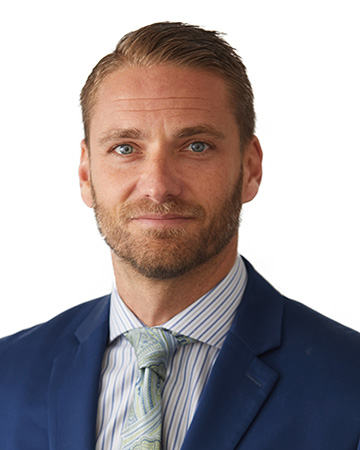Profile for Anders Cedergren

Contact me
Anders Cedergren
Assistant Professor
Public Health & Community Health Education
University of Wisconsin-La Crosse
Anders Cedergren
Assistant Professor
Public Health & Community Health Education
Specialty area(s)
Health Program Planning & Evaluation
Health Education Research Methods
Global Health
Brief biography
My areas of interest include the role of health education in health care and value-based benefits. I am also interested in upstream approaches in public health using advocacy and ethics. I try to emphasize student involvement across professional responsibilities, as well as collaboration with community organizations for wise utilization of resources in translational projects.
Current courses at UWL
PH 204
CHE 380
CHE 450
HED 706
HED 720
Education
PhD in Health Education with and emphasis in Public Health (University of Cincinnati)
MEd in Health Education (University of Cincinnati)
BS in Community Health (University of Cincinnati)
Career
Research and publishing
Select Recent Projects:
Let’s Talk About Sex: Development, Implementation, and Evaluation of a Sexual Health Promotion Program for College Students (The Health Education Monograph)
Teaching, Learning, and Practicing Advocacy: Validity and Fidelity of an Extracurricular Training for Public Health Students (APHA 2018)
Employer Sponsored Volunteering and Organizational Engagement among Employees of a Large Health System (SOPHE 2017)
News
Kudos
presented
presented
presented
presented
presented




